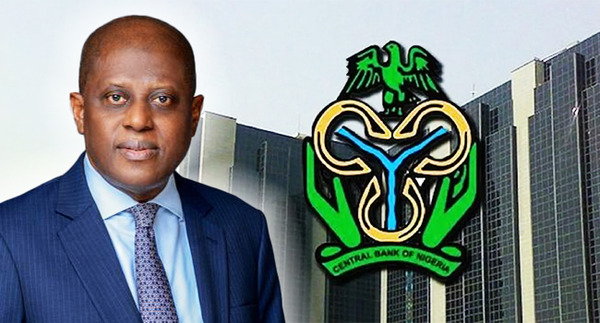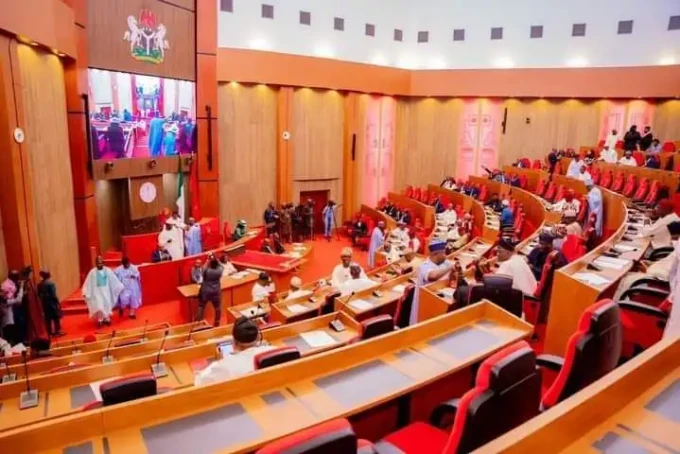The Central Bank of Nigeria (CBN) has been actively promoting digital payment solutions, leading to a significant rise in electronic transactions. From January to July, Nigeria recorded a total of N566.39 trillion in electronic transfers, demonstrating a clear shift towards a cashless economy. The peak was in July with N89.5 trillion, marking an 89% increase compared to the same period last year.
This surge in digital transactions is attributed to several factors:
Increased Mobile Usage: The rise in smartphone ownership, forecasted to hit 60% by 2025, has facilitated broader access to mobile banking apps. This has led to a 74% increase in mobile money transfers, reaching N41.5 trillion in early 2024.
Access to Financial Services: Mobile technology has expanded account ownership, particularly among those without traditional bank accounts, thus broadening the base of digital payment users.
Convenience and Speed: There’s a growing consumer preference for the speed and convenience of mobile transfers over traditional banking methods.
The CBN’s push towards digital channels was further necessitated by the failed cashless policy attempt in 2023, which inadvertently led to a reliance on digital transactions when physical cash was scarce. This resulted in cashless transactions jumping to N39.58 trillion, a 45.41% year-on-year increase.
However, the move towards digital payments has not been without its challenges. The introduction of the N50 Electronic Money Transfer Levy (EMTL) on transactions above N10,000 has sparked discussions and reactions among Nigerians. Initially planned for September 2024, the levy was deferred due to public outcry but eventually implemented on December 2, 2024, by fintech companies like Opay, Palmpay, and Moniepoint. This levy, mandated by the Federal Inland Revenue Service (FIRS) under the 2020 Finance Act, applies to transactions made through these platforms, highlighting the government’s strategy to leverage digital transactions for revenue.
This evolution in Nigeria’s payment landscape underscores a broader trend towards digitalization, supported by regulatory efforts to enhance financial inclusion and efficiency in transactions. Despite the hurdles, the substantial growth in electronic transfers signifies Nigeria’s adaptation to and acceptance of digital financial services, contributing to economic growth and financial inclusion.












I believe CBN should focus on improving internet access for all Nigerians to truly promote digital payments.
Is CBN pushing digital payments too hard? What about those who prefer cash? Need balance.
I dont understand why CBN is pushing digital payments when cash is still widely used. Is this really necessary?
I think CBN should focus more on improving cybersecurity in digital payments to prevent fraud and protect users data.